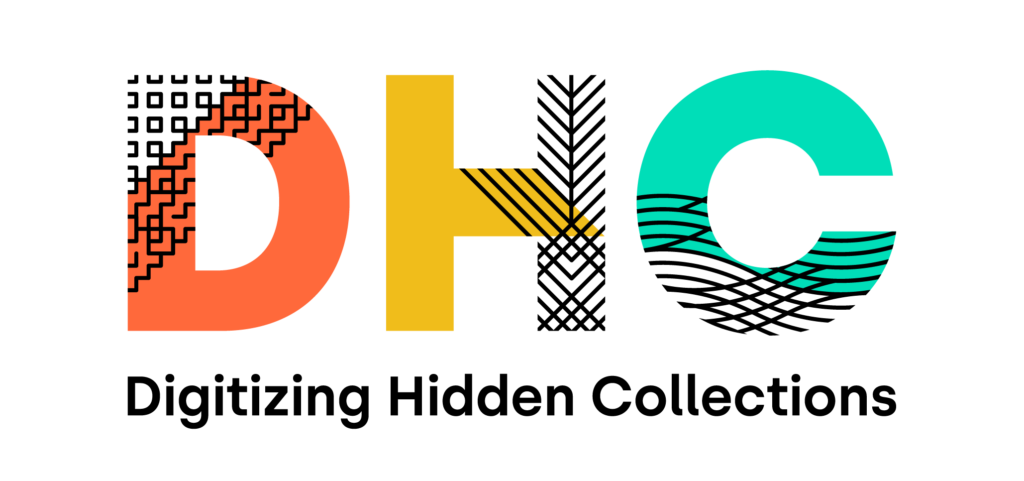Home > Hidden Collections > Events > 2022 Digitizing Hidden Collections Symposium > Call for Proposals

The call for proposals for the 2022 Digitizing Hidden Special Collections and Archives Symposium closed on Monday, May 9.
Dates: October 12-13, 2022
Location: The Renaissance Baltimore Harborplace Hotel, Baltimore, MD
Affiliated Event CFPs: Separate calls are being issued for the 2022 DLF Forum (October 10-12) and associated preconference day Learn@DLF (October 9), as well as NDSA’s Digital Preservation 2022 (October 12-13), which will take place at the same venue.
Proposals should be relevant to challenges today’s collecting institutions and organizations face as they digitize hidden collections and make them accessible to the people who need them. This Symposium will be a place to share not only achievements in digitization but also questions that point toward shared problems that need solutions.
Of particular interest are proposals that relate to the event’s theme (“We digitized it—what’s next? Learning from and making use of digitized hidden collections). Topics may include, but are not necessarily limited to:
Any current or former recipient of a CLIR Digitizing Hidden Special Collections and Archives award (principal investigator or project staff) is welcome to submit a proposal. Proposers may also invite others such as scholars, students, professionals, or community collaborators to contribute to their proposals and presentations, but each submission must come from a current or former member of a Digitizing Hidden Collections project team.
Following the Symposium, presenters will be invited to submit papers to be published in a conference proceedings. Detailed guidelines for papers will be posted in advance of proposal decisions.
Current or former members of Digitizing Hidden Collections project teams are encouraged to seek collaborators from among the more than 100 other projects funded by the program! Our 2022 CLIR Events Unofficial Program Sessions and Connections spreadsheet may assist you in connecting with other prospective presenters.
Note that the Program Committee and CLIR Staff do not monitor the document and it is not part of the official submission process.
Proposals of up to 250 words each (up to 500 words for panels) should be submitted using our online system. Proposals must include:
Submissions Deadline: Monday, May 9, at 11:59pm Eastern Time.
Members of the Symposium Planning Committee will review proposals and contribute to shaping the program.
Presenters will be notified in June and will receive a discount on registration. Symposium attendance will be open to anyone with an interest in the above topics. Presenters, students, and current and former contributors to Digitizing Hidden Collections funded projects will have opportunities to apply for up to 60 travel fellowships. Further details about these opportunities will be provided this summer.
The Digitizing Hidden Special Collections and Archives program and the 2022 Digitizing Hidden Special Collections and Archives Symposium are made possible through the generous support of The Andrew W. Mellon Foundation. Sign up for the CLIR grants mailing list or follow us on Twitter to receive updates on the event throughout 2022.
If you have any questions contact hiddencollections@clir.org.

Council on Library and Information Resources
1800 Diagonal Road, Suite 600
Alexandria, VA 22314
contact@clir.org
CLIR is an independent, nonprofit organization that forges strategies to enhance research, teaching, and learning environments in collaboration with libraries, cultural institutions, and communities of higher learning.
Unless otherwise indicated, content on this site is available for re-use under CC BY-SA 4.0 License